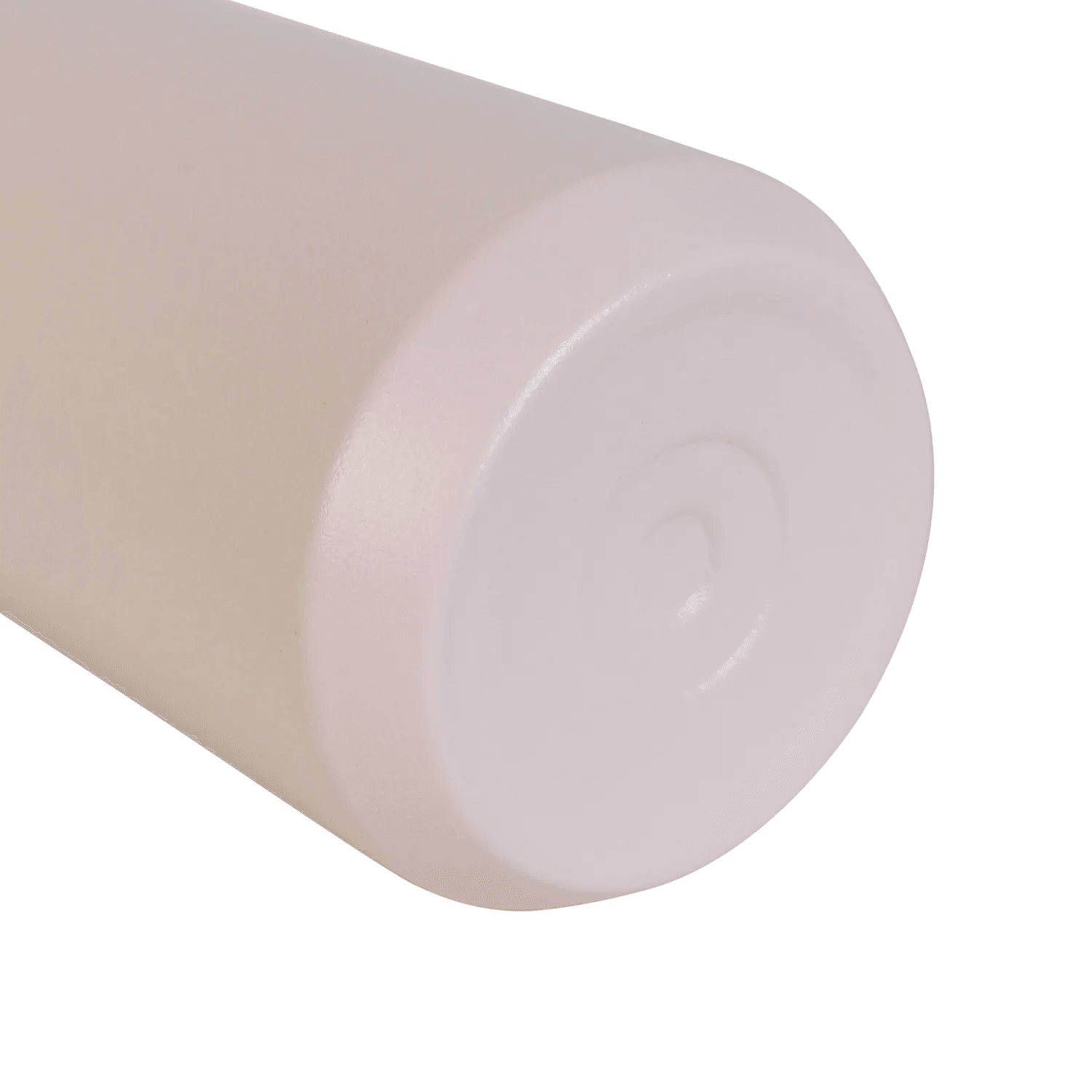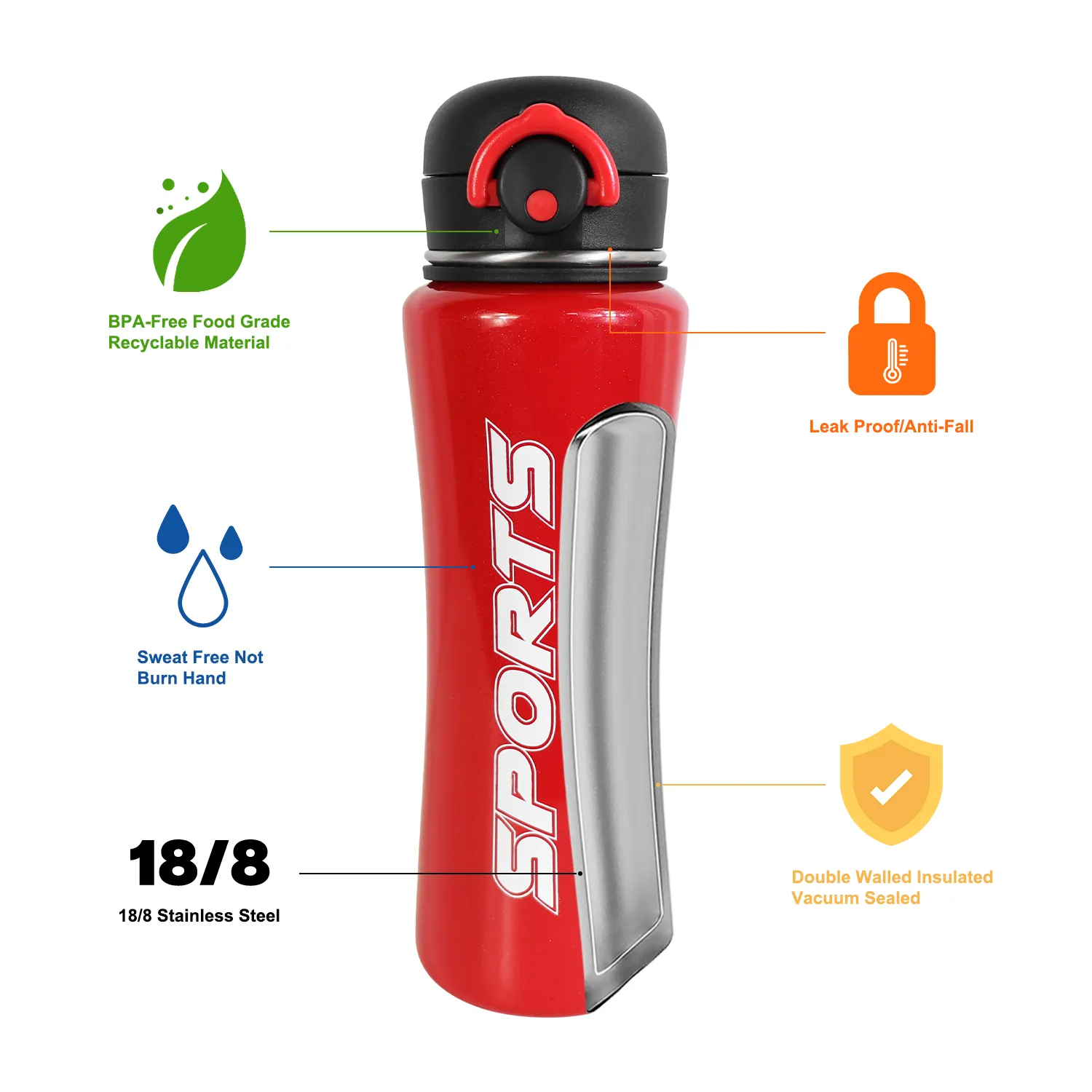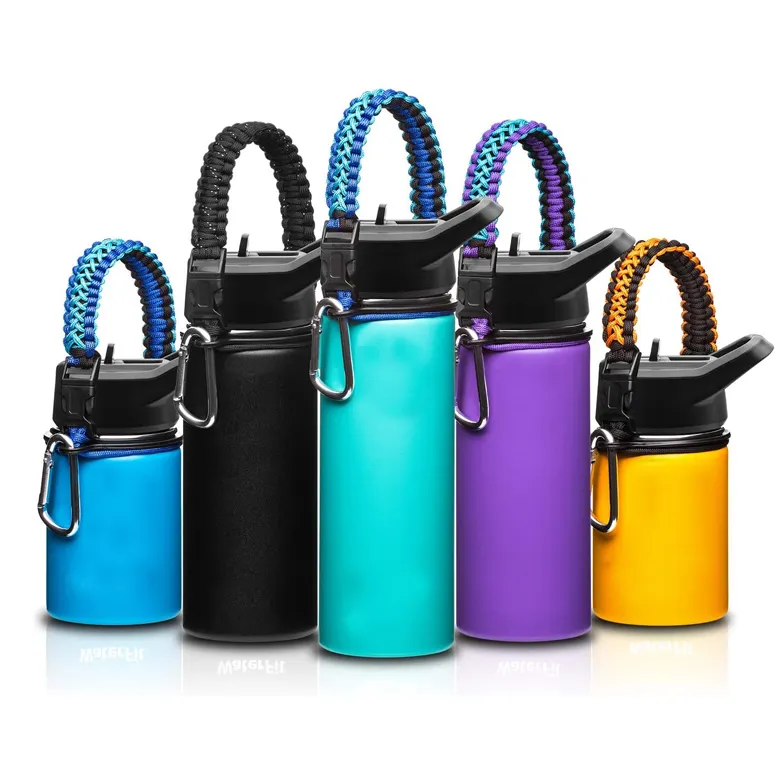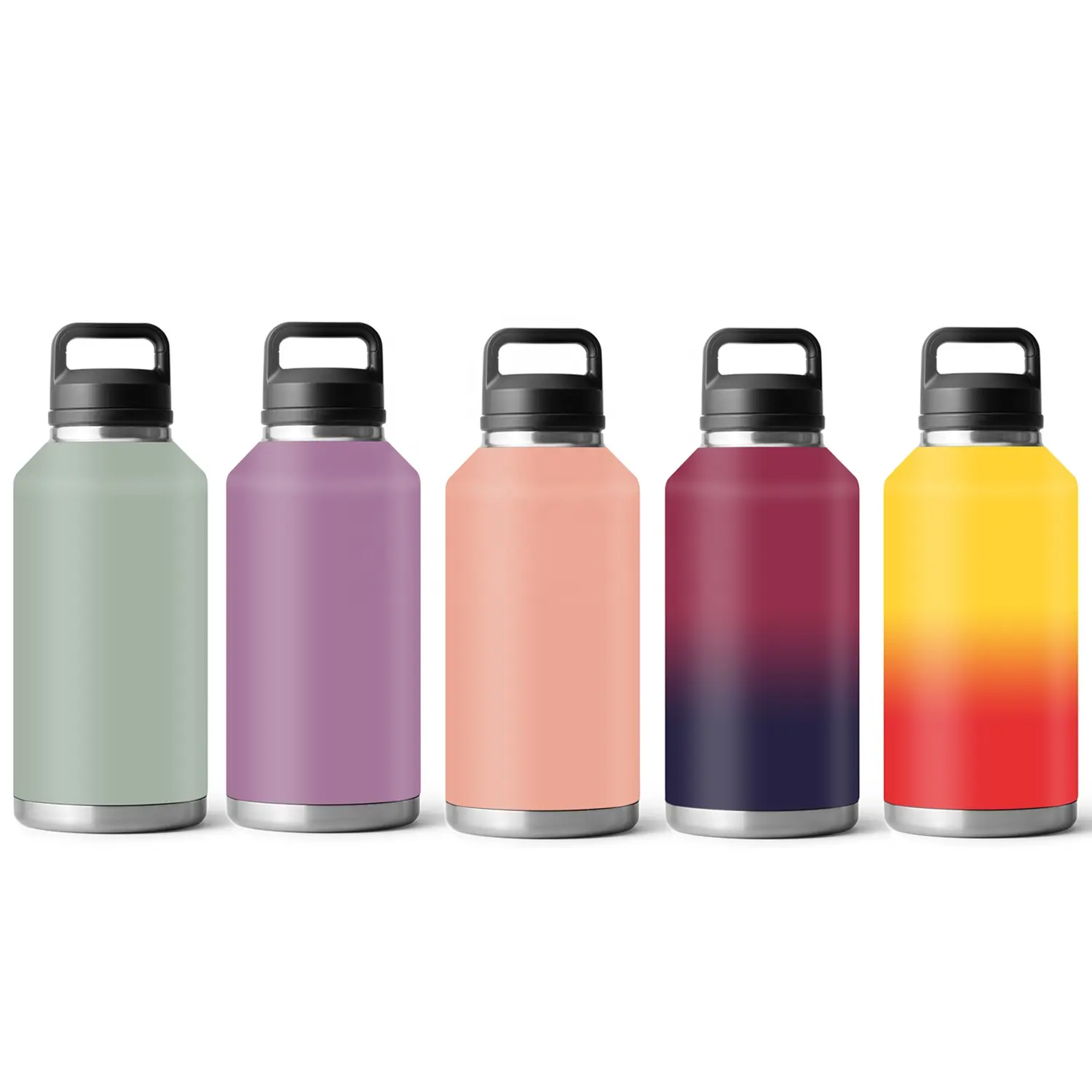Introduction

In today's health-conscious world, the debate over whether it is safe to reuse plastic water bottles continues to be a hot topic. With growing concerns about BPA and other harmful chemicals, consumers are seeking the safest water bottle materials to ensure their well-being. As we delve into this discussion, we will explore the dangers of reusing plastic water bottles, understand the implications of BPA, and discover the safest options available on the market.
The Dangers of Reusing Plastic Water Bottles
The dangers of reusing plastic water bottles are multifaceted and include potential chemical leaching, hygiene concerns, and health impacts. As these bottles are used repeatedly, they may degrade over time, leading to harmful substances leaching into the water. This raises serious questions about the safety of consuming such contaminated liquids.
Furthermore, reusing plastic water bottles also raises concerns about hygiene. Over time, these bottles can develop cracks, scratches, and crevices where bacteria can thrive. Even with regular washing, it can be difficult to completely eliminate these harmful microorganisms. This poses a significant risk to the health of individuals who continue to use these bottles without realizing the potential for bacterial contamination.
Understanding BPA and Its Implications
Bisphenol A (BPA) is a synthetic compound found in many plastics that has been linked to various health risks, including hormone disruption and potential cancer risk. Understanding its implications is crucial for making informed decisions about which water bottle materials are safe for everyday use.
BPA is commonly found in polycarbonate plastics and epoxy resins, which are often used in food and beverage containers, including water bottles. When these materials are exposed to heat or acidic conditions, the BPA can leach into the contents of the container, increasing the risk of ingestion. As a result, it's important to consider alternative materials for water bottles that do not contain BPA or other harmful chemicals.
Exploring the Safest Water Bottle Materials
When exploring the safest water bottle materials, it is essential to consider factors such as durability, non-toxicity, and environmental impact. By examining alternatives to plastic bottles that are free from harmful chemicals like BPA and offer long-term safety benefits, consumers can make more informed choices for their health and well-being. Stainless steel water bottles are a popular choice for their durability and non-toxic properties. Additionally, glass bottles provide a safe and environmentally friendly alternative to plastic, although they may be less durable. Another option to consider is BPA-free plastic bottles made from materials such as Tritan, which offer the convenience of plastic without the associated health risks.
The Risks of Reusing Plastic Water Bottles

When considering the question is it safe to reuse plastic water bottles, it's essential to understand the potential risks involved. One major concern is the possibility of chemical leaching from the plastic into the water. This can occur when bottles are exposed to heat or repeated use, leading to harmful substances entering the water and posing health risks.
Chemical Leaching Concerns
Chemical leaching occurs when the plastic in water bottles breaks down over time, releasing harmful substances such as BPA into the water. BPA is a synthetic compound used in the production of plastics and has been linked to various health issues, including hormonal imbalances and reproductive problems. This makes it crucial to consider alternative materials for reusable water bottles that do not pose these risks.
Chemical leaching from plastic water bottles can also lead to a deterioration in the taste and odor of the water. As the plastic breaks down, it can release unpleasant flavors and smells into the water, making it unappealing to drink. This can result in people not consuming an adequate amount of water, which is essential for maintaining proper hydration and overall health.
Impact on Hygiene and Health
In addition to chemical leaching, reusing plastic water bottles can also impact hygiene and health due to bacterial growth. When bottles are not properly cleaned and dried between uses, they can become breeding grounds for bacteria, potentially leading to illness if consumed. This further emphasizes the importance of choosing a safe and hygienic material for reusable water bottles.
Furthermore, the frequency of reuse can also impact the hygiene and health of plastic water bottles. The more times a bottle is reused without proper cleaning, the higher the likelihood of bacterial growth and contamination. This highlights the importance of establishing a regular cleaning routine for reusable water bottles to prevent potential health risks. It's essential to educate individuals on the proper maintenance and care of their reusable bottles to ensure they remain safe for use.
Duration and Frequency Considerations
The duration and frequency of reuse also play a significant role in determining the safety of using plastic water bottles multiple times. Over time, wear and tear on the bottle can increase the likelihood of chemical leaching, while frequent use may lead to greater exposure to any potential contaminants present in the plastic.
It is important to note that the type of plastic used in water bottles can also impact the safety of reuse. Certain plastics, such as PET or PETE, are designed for single use and may degrade more quickly with repeated use, potentially increasing the risk of chemical leaching. On the other hand, high-quality reusable water bottles made from durable materials like stainless steel or glass offer a safer alternative for long-term use. By choosing these alternatives, individuals can reduce their exposure to potential contaminants and minimize the risk of chemical leaching over time.
As we delve deeper into understanding the risks associated with reusing plastic water bottles, it becomes clear that alternative materials are needed to ensure both safety and peace of mind.
Stay tuned for our next section where we will explore BPA-free water bottles: Meaning and Safety!
BPA-free Water Bottles: Meaning and Safety

BPA-free water bottles have gained popularity due to increasing concerns about the health risks associated with BPA, a chemical found in some plastics. It is important to understand the meaning and safety of BPA-free water bottles to make informed choices about the safest material to drink from.
Analyzing the BPA-free Symbol 7
The BPA-free symbol 7 is often used to indicate that a plastic product does not contain BPA. However, it's important to note that not all products labeled with this symbol are necessarily free from other harmful chemicals. Therefore, consumers should look for additional information on the product's safety and material composition before making a purchase.
It's also worth noting that while BPA is a common concern, there are other potentially harmful chemicals used in the production of plastic products. For example, phthalates are often used to make plastics more flexible, but they have been linked to various health issues. Therefore, consumers should be aware that just because a product is labeled as BPA-free does not necessarily mean it is completely safe.
Finding the Safest Material to Drink From
When considering the safest material to drink from, it's essential to prioritize options that are free from harmful chemicals and do not leach toxins into your drinking water. Materials such as stainless steel, glass, and certain types of plastic can offer safe alternatives for reusable water bottles. Stainless steel is known for its durability and resistance to corrosion, making it a reliable choice for long-term use. Glass is nonporous and will not retain flavors or odors, ensuring a clean taste with every sip. Certain types of BPA-free plastic can also be a suitable option, but it's important to look for labels that indicate the absence of harmful chemicals.
Understanding the Significance of BPA-Free Labeling
The significance of BPA-free labeling lies in its potential impact on consumer health. By choosing water bottles that are free from BPA and other harmful chemicals, individuals can reduce their exposure to potentially hazardous substances while staying hydrated on-the-go.
By opting for BPA-free water bottles, consumers can also contribute to a healthier environment. The production and disposal of plastic products containing BPA can have negative effects on ecosystems and wildlife, making it important for individuals to make more sustainable choices. Choosing BPA-free options can help reduce the overall environmental impact of plastic waste, contributing to a cleaner and safer planet for future generations.
The Safest Water Bottle Materials

Examining Stainless Steel Bottles
When considering the safest water bottle material, stainless steel is often at the top of the list. Stainless steel bottles are durable, non-toxic, and resistant to corrosion, making them a safe choice for everyday use. Packshine specializes in crafting custom stainless steel bottles, ensuring high quality and safety for all users.
Stainless steel bottles also offer the benefit of being lightweight and portable, making them ideal for on-the-go hydration. Their insulating properties also help to keep beverages at the desired temperature for longer periods, whether it's hot coffee or ice-cold water. Additionally, stainless steel is a sustainable material, as it can be recycled and repurposed, aligning with eco-friendly lifestyles and reducing environmental impact.
Evaluating Glass Bottles
Glass bottles are another safe option for reusable water bottles. They are nonporous and do not leach chemicals into the water, providing a clean and pure drinking experience. Packshine offers personalized designs for glass bottles, ensuring both safety and style for their customers.
Glass bottles are not only a safe and eco-friendly option for reusable water bottles, but they also offer a sleek and stylish design. With Packshine's personalized designs, customers can enjoy the benefits of glass bottles while expressing their unique style. Additionally, glass bottles are durable and long-lasting, making them a cost-effective choice for those looking to reduce their environmental impact without sacrificing quality.
Exploring the Benefits of Aluminum Bottles
Aluminum bottles are lightweight and recyclable, making them a popular choice for eco-conscious individuals. While there have been concerns about aluminum leaching into the water, many aluminum bottles now come with a protective lining to prevent this issue. Packshine's commitment to sustainability ensures that their aluminum bottles are safe and environmentally friendly.
In addition to being lightweight and recyclable, aluminum bottles also offer the benefit of being durable and long-lasting. Unlike plastic bottles that can easily crack or break, aluminum bottles are resistant to damage and can withstand rough handling. This makes them a reliable choice for outdoor activities such as camping, hiking, or sports events where durability is essential.
Conclusion

When it comes to choosing the right water bottle for your health, it's crucial to prioritize safety and sustainability. Opt for materials like stainless steel, glass, or aluminum, which are considered the safest water bottle materials due to their non-toxic properties and durability. Always look for the BPA-free symbol 7 when selecting a water bottle, as BPA-free water bottles are safe and free from harmful chemicals.
Choosing the Right Water Bottle for Your Health
Choosing a water bottle that is safe for your health involves considering the material it's made from. Stainless steel is widely regarded as the safest material to drink from due to its non-reactive nature and resistance to corrosion. Glass bottles are also a great option as they do not leach harmful chemicals into your drink. Aluminum bottles are another safe choice, as they are lightweight, durable, and free from harmful substances.
When considering the environmental impact of reusable water bottles, it's important to note that stainless steel, glass, and aluminum bottles are all great choices. Stainless steel is not only safe for your health, but it is also durable and can last a lifetime, reducing the need for single-use plastic bottles. Glass bottles are also environmentally friendly as they are 100% recyclable and do not contribute to plastic pollution. Aluminum bottles are lightweight and can easily be recycled, making them a sustainable option for those who are conscious of their environmental footprint.
Environmental Impact of Reusable Water Bottles
The environmental impact of reusable water bottles cannot be overlooked. By choosing a sustainable and reusable option like stainless steel or glass, you can significantly reduce single-use plastic waste. Packshine's commitment to sustainable drinkware ensures that you can make an eco-friendly choice without compromising on quality or style.
Packshine's Commitment to Sustainable and Safe Drinkware
Packshine specializes in crafting custom vacuum-insulated drinkware since 2013, with a focus on premium stainless steel and personalized designs. Their commitment to sustainability is evident through their range of customization options and dedication to delivering products securely and punctually.
Packshine's commitment to sustainability extends beyond just their customization options. The company also ensures that their manufacturing process is environmentally friendly, using eco-conscious materials and reducing waste wherever possible. By prioritizing sustainable practices, Packshine is able to offer customers a guilt-free way to enjoy their favorite beverages on the go.
